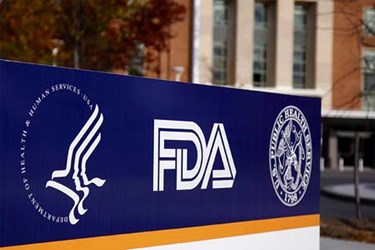Industry To FDA: "Emerging Signals" May Do More Harm Than Good

Industry stakeholders have answered the FDA’s call for comments on a draft guidance that proposes an earlier public release of risk data regarding medical devices, even before that data is investigated and analyzed. Several manufacturers — including Abbott and GE Healthcare — as well as the Advanced Medical Technology Association (AdvaMed) argued that information in the suggested safety alerts would be unreliable, could do irreparable damage to valuable products, and could cause unnecessary confusion for patients and providers.
In the current system, the FDA investigates and validates all reports of adverse events related to medical devices and releases recall notices, safety advisories, and press releases accordingly. The guidance, released in January, suggests the information be released as soon as the FDA begins monitoring the device and investigating the event(s), with hopes of “limiting the number of patients exposed to the potential risk while the issue is being further evaluated” and increasing vigilance and reporting by clinicians to the FDA.
These “emerging signals” — defined as any new information affecting the benefit-risk profile of a medical device — would be released without evidence to confirm their legitimacy and without a recommended course of action from the agency.
The guidance comes in response to recent lawsuits involving medical devices — including contaminated duodenoscopes and vaginal mesh implants — which were widely used before adverse events were fully reported and the products recalled. Sen. Patty Murray (D-Wash.) praised the guidance and said that any information that could allow doctors to make more informed decisions is critical for ensuring patient safety, according to the Regulatory Affairs Professionals Society (RAPS).
James Beck, counsel at Reed Smith, countered that the “emerging signals” are “regulatory shots in the dark” based on preliminary information that had not been verified, and the opinion of industry representatives leans heavily towards Beck’s assessment.
According to a comment from AdvaMed, the emerging signals would “create unnecessary confusion for healthcare providers and patients and could have unintended consequences including an adverse impact on public health and long-lasting reputational damage to valuable devices. This confusion is likely to extend beyond the specific device in question, reaching to all similar devices with the same intended use.”
The Medical Device Manufacturers Association (MDMA) commented that the guidance was not clear about the “threshold of evidence” required to trigger an emerging signal and did not provide adequate evidence that an additional warning system would improve patient safety.
GE Healthcare, Merck, Abbott, and Novo Nordisk likewise submitted comments, voicing concern about the FDA’s proposal and asking for clarification. For example, Novo Nordisk inquired whether the FDA intended to notify manufacturers before an announcement was released, and GE Healthcare recommended that the emerging signal system be restricted to reports of “catastrophic severity and/or frequent probability of harm.”
The FDA has recently ramped up efforts to improve public access to the most up-to-date information available about medical devices. The agency is currently rolling out a program that requires each medical device to have a unique device identifier and has launched the Device Postmarket Surveillance program, which seeks to “quickly identify poorly performing devices and other safety problems” of new devices.
